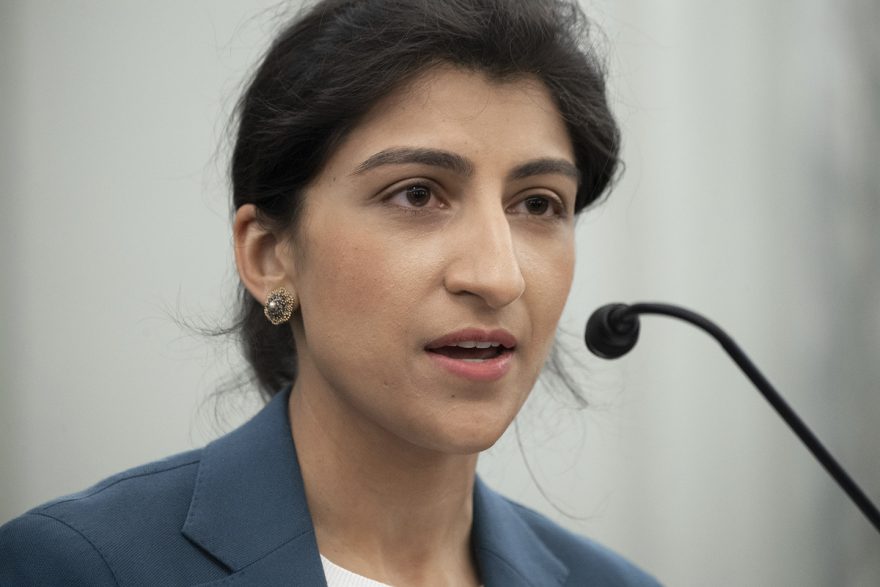FTC Turns Attention to Stealth Marketing Aimed at Children

The Federal Trade Commission is making clear its interest in protecting children from marketing and advertising disguised as online games and entertainment.
And the public is being invited to weigh in.
Stealth marketing has risen over the years as more children gain access to online platforms and digital media at earlier ages. Advocacy organizations say that marketers can increasingly reach children through embedded advertising, influencer and celebrity posts, games, and virtual worlds — and it’s not always clear that the content provided is an advertisement.
When children can’t accurately identify the content they’re consuming, it could have dangerous effects on how they view themselves and the world, experts say.
The FTC, an agency focused on consumer protection, is asking for public comment in advance of an Oct. 19 event focusing on techniques being used to advertise to children online. The agency has been collecting public comments since May on the issue.
Researchers, child development and legal experts, consumer advocates, and industry professionals are expected to come together to discuss potential safeguards to protect children from manipulative advertising.
The public has until Nov. 18 to provide input to the agency.
‘Consumerism’ Reaching Children
Specific topics already slated for the event include children’s ability to distinguish advertising at different developmental stages, the potential harms from an inability to recognize advertising, and the need for and efficacy of disclosures.
A number of advocacy organizations and individuals have already submitted comments to the FTC’s page, many expressing specific concerns about how online content is influencing children’s thoughts and actions in unhealthy ways.
Fairplay, a nonprofit dedicated to ending marketing to children, is one of the groups that has weighed in.
“Kids are getting ideas about consumerism and purchasing that aren’t coming from their families,” said Haley Hinkle, Fairplay’s policy counsel, in an interview with EdWeek Market Brief. “We want kids to learn about these things from people who care about them — and not from advertisers.”
Fairplay’s 47-page comment to the agency provides examples of what it sees as stealth marketing from social media influencers, highlighting the harmful effects they have on children, and how occasional disclosures affixed to those messages do little to help children distinguish ads from entertainment.
“Existing guidelines of disclosing sponsored advertising content aren’t being followed,” Hinkle said, “and even adults have trouble remembering that a disclosure even appeared on screen sometimes.”
Many companies also seek to keep children on their platforms for as long as possible through the use of targeted ads, a practice that raises concerns about screen time, data privacy, and increased potential for exposure to harmful content, Hinkle said.
“Young people deserve to grow up online and offline without being constantly influenced by marketers,” Hinkle said.
Earlier this year, the FTC also announced that it would look to provide stricter enforcement and impose civil penalties against companies that violate the provisions of the federal Children’s Online Privacy Protection Act.
Follow EdWeek Market Brief on Twitter @EdMarketBrief or connect with us on LinkedIn.
Photo: FTC Chair Lina Khan speaks during a hearing on Capitol Hill in April 2021. (Saul Loeb/Pool via AP)
See also:
